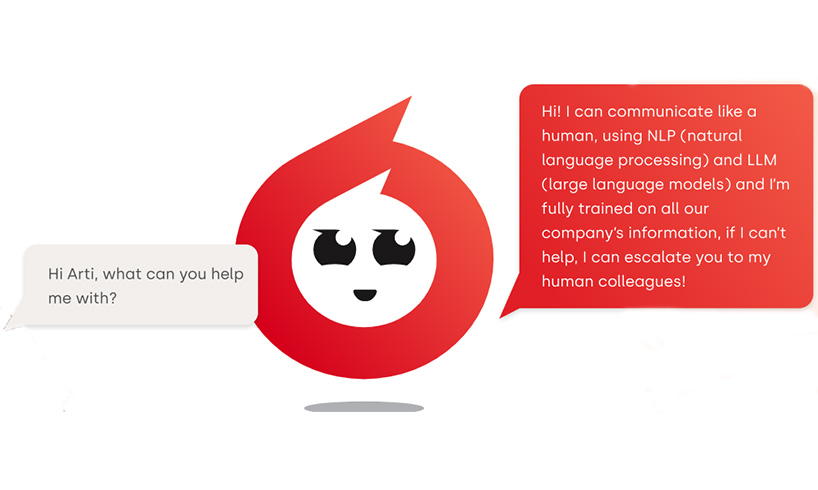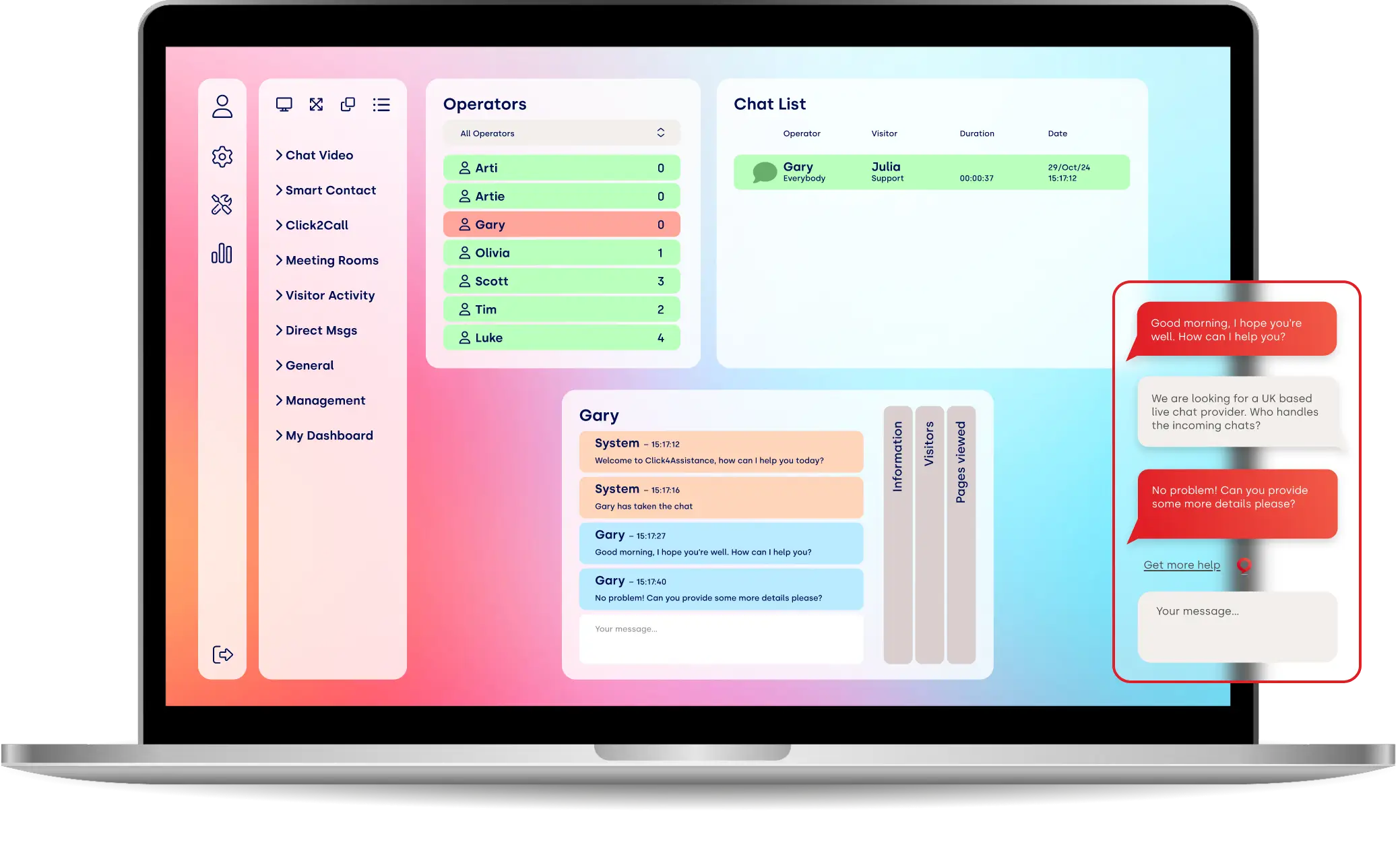30 Days into 2023: Are You Persevering with Those ‘resolutions’?

Once you understand how to hack your brain, persevering with your new year’s resolutions is easy.
55 per cent of women and 52 per cent of men make New Year’s resolutions but studies show that we’re terrible at keeping them. Only around 9 per cent of people stick to their commitments for an entire year. Everyone else eventually falls off the bandwagon.
But are we destined to fail collectively? Apparently not. Today, there are several science-backed strategies that you can try to improve your ability to keep resolutions, setting you up for success. Here’s what you need to do:
Get Into A Habit
Resolutions don’t work if you’re using willpower every day to get yourself to do something. Eventually, your conscious effort will fail and you’ll go back to your old ways.
However, they may work if you get yourself into a habit. That is, you want your resolution to become automatic, like brushing your teeth.
Generally, it takes 21 days to form a new habit, though it can take longer depending on what it is. At first, it’s a real struggle to motivate yourself to do it. But once you get into the swing of it, it starts to feel natural, like a regular part of your life.
The trick here is to combine your habits with something else you already do daily. For instance, if you already go to work in the morning, combining that with walking or cycling is a good way to get into the groove.

Pair An Activity You Don’t Want To Do With One You Do
Another strategy is to combine an activity that you don’t want to do with the one you do.
For instance, let’s say that your new year’s resolution is to start a business. This process involves a lot of work so, naturally, you don’t want to do it.
If you try to start up under your own willpower, you might give up. However, you can boost your chances of sticking with it if you pair it with something you love, like listening to your favourite music.
The trick here is to let yourself engage in the activity you enjoy only when you’re doing the thing you don’t like. This way, your brain starts to associate the unwanted task with significant psychological rewards.
Start Using Implementation Intention
Lastly, you might want to use something researchers call implementation intention – or just “planning” to you and me. Studies show it is one of the most powerful ways to get you to take on a new behaviour.
For instance, instead of saying that you want to add live chat to website pages in the abstract, you write down exactly when and where you will do it. For instance, you might say, “I will add live chat to my website on Friday the 20th of November when I get back to my home office.”
Investigators discovered that when people say when and where they are going to do something, they follow through a staggering 91 per cent of the time. That compares to just 38 per cent of the time for people who receive no such instructions.























